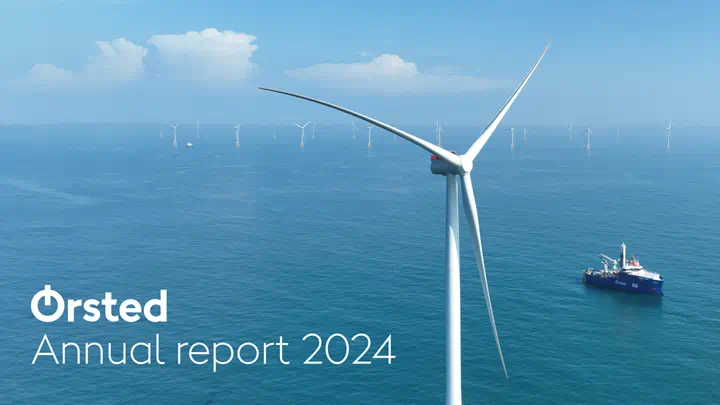At Ørsted, we operate onshore and offshore wind farms, solar centres, energy storage facilities, and bioenergy plants.
Explore the numbers below to see how we’re driving the global transition to green energy and making progress towards net-zero carbon emissions.
Explore the numbers below to see how we’re driving the global transition to green energy and making progress towards net-zero carbon emissions.
